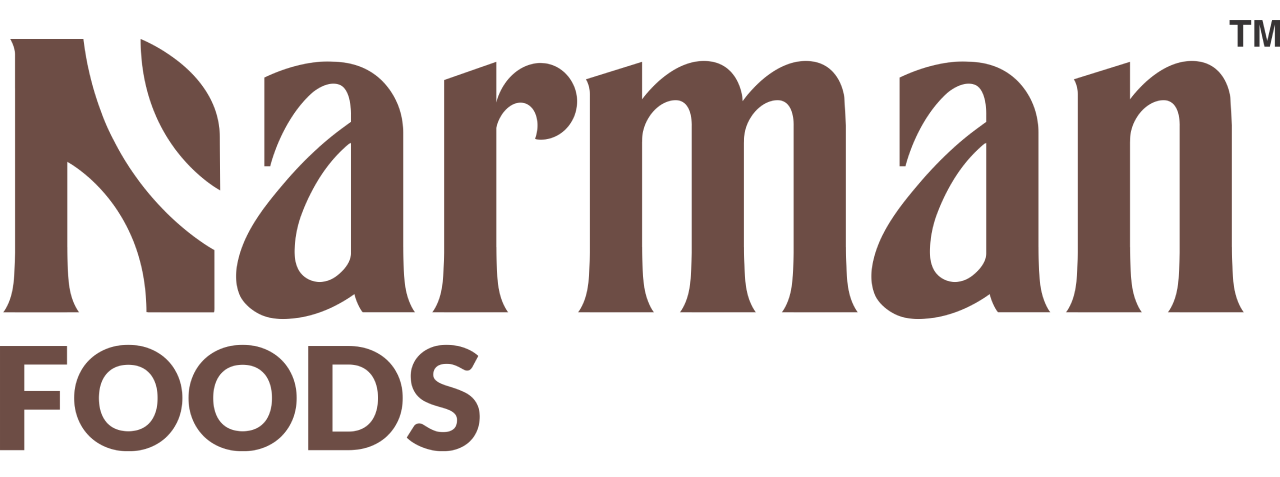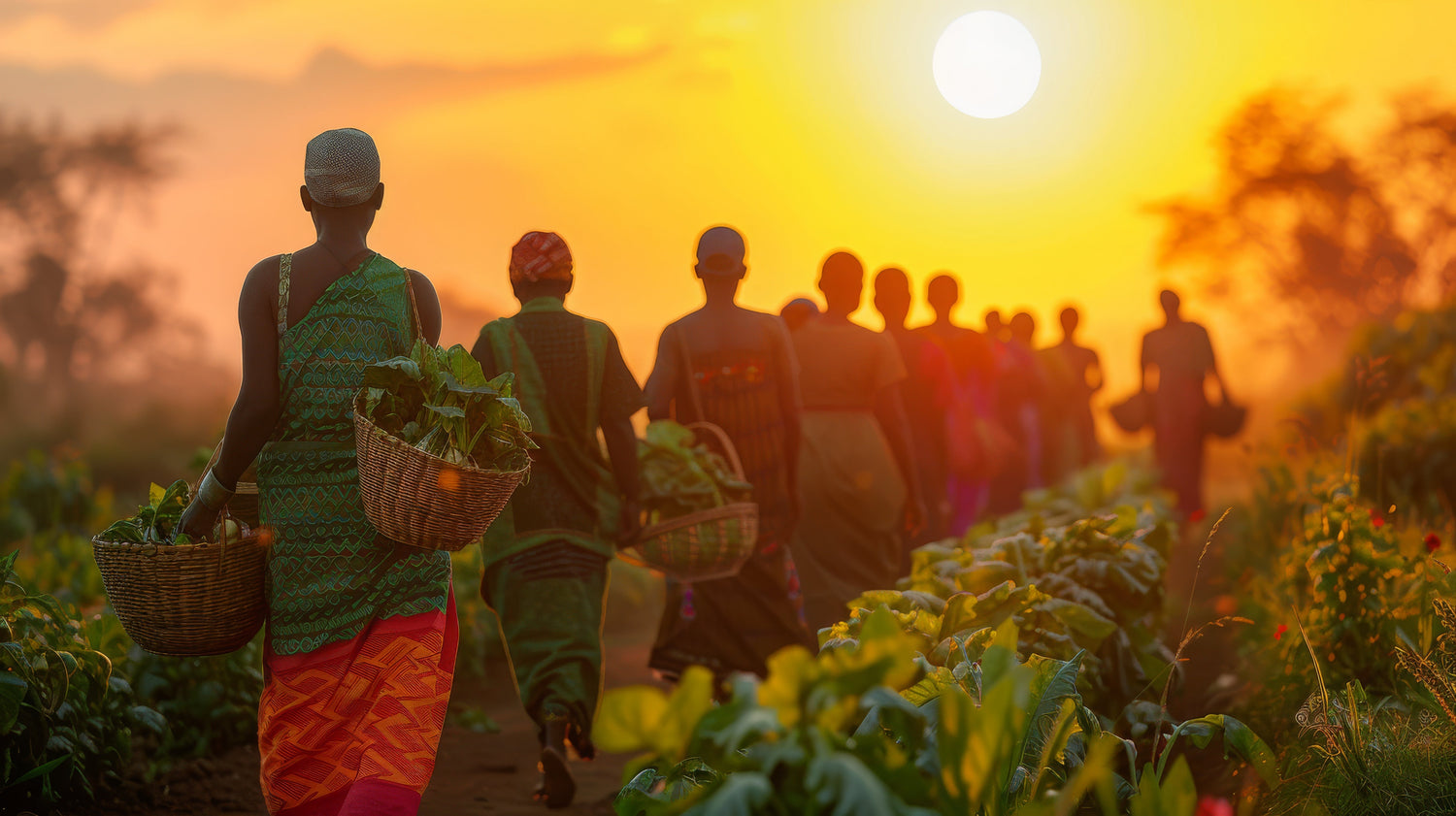At Narman Foods, we believe that every grain, every handful, and every meal carries with it the legacy of the land and the labor of dedicated farmers. “Our Farmers, Our Promise: Narman’s Sustainable Sourcing” is not merely a marketing slogan—it is the very ethos that guides each decision we make, from the fields where our chia and quinoa are grown to the kitchens where families prepare wholesome, nourishing meals. Over the next few pages, we invite you to dive deep into our sustainable sourcing journey—one built on mutual respect, regenerative practices, and a commitment to transparency that ensures both the environment and farming communities thrive.
1. Direct Partnerships: Cutting Out the Middlemen
Traditional agricultural supply chains often route crops through multiple layers of agents and brokers. While this may be efficient on paper, it dilutes the income that reaches the farmers and obscures accountability. At Narman Foods, we forged a different path. Through direct procurement agreements, we work hand‑in‑hand with smallholder cooperatives and independent growers across diverse agro‑ecological zones of India. This partnership model ensures that:
- Fair Pricing: We negotiate transparent, above‑market base rates, guaranteeing farmers a stable livelihood regardless of market fluctuations.
- Advance Inputs & Training: Prior to each planting season, we provide interest‑free advances and technical workshops on organic soil management, crop diversification, and integrated pest management.
- Shared Risk: Climate unpredictability affects us all. When drought or unseasonal rains threaten yields, we collaborate on adaptive measures—such as drought‑resistant seed varieties or staggered planting schedules—to mitigate losses.
By eliminating intermediaries, an average of 70% more of every rupee spent on Narman superfood products flows directly back into farming households, allowing families to invest in health, education, and community infrastructure.
2. Regenerative Agronomy: Healing the Land as You Cultivate It
Sustainable sourcing at Narman isn’t limited to fair trade—it extends to the very health of the ecosystems we tap into. We champion regenerative agriculture, a holistic farming methodology that goes beyond sustainability to actively restore soil, water, and biodiversity. Key practices include:
-
Cover Cropping & Crop Rotation
Planting legumes (such as pigeon peas and mung beans) during fallow periods to naturally fix atmospheric nitrogen, eliminating the need for synthetic fertilizers; rotating quinoa and chia with cereals and oilseeds to break pest cycles and enhance soil structure. -
Minimal Tillage (“No‑Till”)
Reducing soil disturbance preserves microbe‑rich topsoils, increases organic matter retention, and prevents erosion—crucial for moisture conservation in semi‑arid regions. -
Agroforestry & Windbreaks
Integrating native trees (Neem, Mahua) along field margins not only sequesters carbon but also provides habitat corridors for birds and insects, boosting pollination and natural pest control. -
Rainwater Harvesting Systems
Farm‑level contour bunds and micro‑reservoirs capture monsoon runoff, recharging groundwater tables and ensuring water availability during dry spells.
Through these measures, our partner farms report an average 30% increase in organic matter over a three‑year period, translating into higher yields, reduced fertilizer dependency, and greater climate resilience.
3. Heirloom & Biodiverse Seed Preservation
Monoculture and genetically uniform seed stocks leave crops vulnerable to disease and climate shocks. Narman Foods takes a different stance: we collaborate with indigenous seed banks and local agricultural universities to preserve and propagate heirloom varieties of quinoa and chia that have thrived in India’s unique soils for generations. Highlights include:
- Local Adaptation: Seeds selected for superior drought tolerance in Rajasthan’s arid plains, and for nutrient‑rich profiles in Kerala’s humid tropics.
- Genetic Diversity: Maintaining a broad seed portfolio guards against crop collapse—if one variety succumbs to pest or weather stress, others can fill the gap.
- Community Ownership: Farmers retain ownership of these seeds, cultivating them across seasons without royalty fees, and sharing knowledge at annual seed‑swap festivals.
By 2024, our network has safeguarded over 25 distinct landrace varieties, contributing to global efforts in agrobiodiversity conservation.
4. Traceability & Transparency: Knowing Your Food’s Journey
In an era of anonymous supply chains, Narman Foods offers full provenance. Every product batch is accompanied by a traceability code printed on the packaging. Simply enter it on our website to see:
- Farmer Profiles: Learn the cooperative name, farm GPS coordinates, and the faces behind your food.
- Cultivation Records: View soil test results, planting dates, and crop management logs.
- Impact Metrics: Track year‑to‑date data on water saved (liters), fertilizer avoided (kilograms), and carbon sequestered (tons).
Our annual Sourcing Impact Report, publicly available, provides granular statistics on environmental and socioeconomic indicators—an industry first in our category.
5. Socioeconomic Uplift: Beyond the Field
True sustainability blends ecological health with human well‑being. Narman Foods channels a portion of profits into a Farmer Development Fund that supports:
- Education Grants: Scholarships for farm children to pursue secondary schooling and vocational training.
- Healthcare Initiatives: Mobile medical camps for rural villages, covering maternal care and preventive screenings.
- Women’s Empowerment: Training programs in value‑added processing (roasting, packaging), enabling women to earn independent income streams.
Since 2020, the fund has disbursed over ₹25 million, directly benefiting more than 3,000 families.
6. Continuous Improvement: Listening & Innovating
Sustainable sourcing is a journey, not a destination. We foster a two‑way feedback loop:
- Farmer Councils: Quarterly convenings where growers share challenges—from pest outbreaks to market trends—and co‑design solutions.
- R&D Collaborations: Partnerships with agro‑tech startups to pilot soil‑sensor networks, drone‑based crop monitoring, and biofertilizer trials.
- Consumer Insights: End‑user surveys on taste, texture, and packaging usability inform next‑gen product formulations.
This iterative model ensures we adapt swiftly to emerging needs, delivering ever‑better outcomes for both people and planet.
In Closing: A Commitment That Nourishes
When you choose Narman Foods, you’re voting with your wallet for a future where ethical livelihoods, regenerative land care, and nutritious superfoods go hand in hand. You become part of a circle of stewardship—where the farmer’s hands, the harvest’s bounty, and your family’s health are entwined in a promise that stretches across seasons.
Thank you for joining us in this mission. Together, we can ensure that every meal you enjoy is a catalyst for positive change—empowering communities, healing the earth, and nourishing lives. That is Our Farmers, Our Promise.


Leave a comment
This site is protected by hCaptcha and the hCaptcha Privacy Policy and Terms of Service apply.